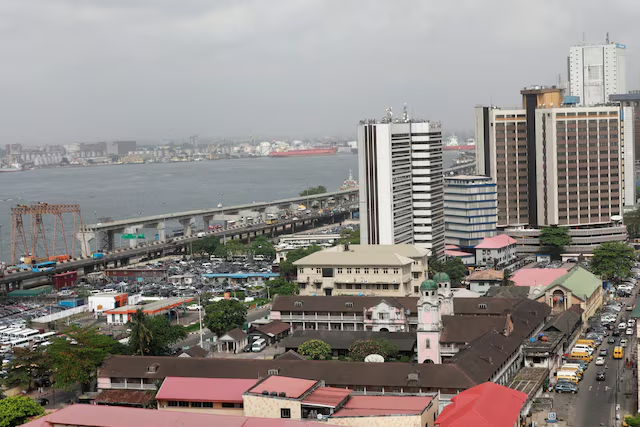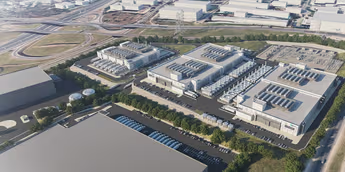Why Nigeria’s Inflation Decline Hasn’t Led to Lower Prices – Prof. Ajibola

By Damilola Adeleke
Renowned economist and former Chartered Institute of Bankers of Nigeria president, Prof. Segun Ajibola, has explained why Nigeria’s inflation drop over the past two years has not translated into lower prices for goods and services.
In an interview with DAILY POST on Monday, Prof. Ajibola stated that the effects of reduced inflation take time to materialize. His comments were in response to the latest inflation report from the National Bureau of Statistics (NBS), which showed that Nigeria’s headline and food inflation rates fell to 23.18% and 23.51% in February 2025, respectively.
Ajibola attributed the inflationary pressure in Nigeria’s economy to cost-related factors. He noted that monetary policies alone have been ineffective due to a gap between financial market tools and real market conditions. While the cost of fuel decreased in February, leading to marginal price reductions in food, manufactured goods, and transportation, he emphasized that price declines take time due to the economic concept of “sticky prices”—once prices rise, they are slow to fall.
The economist urged the government to intensify efforts on the fiscal front to combat inflation. He also suggested maintaining the monetary policy rate at 27.50% to sustain inflation control, cautioning that continuous increases in interest rates would not effectively tackle the issue.
He acknowledged the government’s efforts in addressing cost-push inflation but emphasized that more needs to be done, especially in fiscal policy, to achieve long-term stability.











































































































































































































































































































































































































































































































































































































































































































































































































































































































































































































































































































































































































































































































































































































































































































































































































































































































